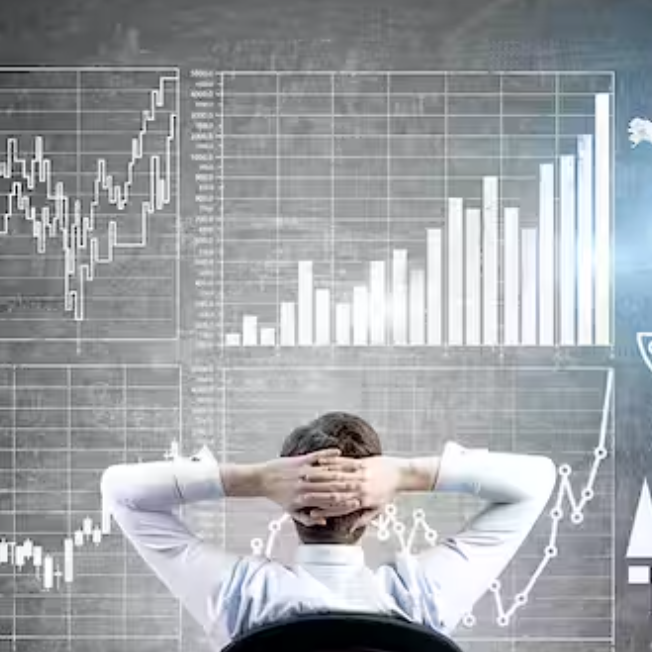The emergence of Zorro Trader and its impact on the popular trading platform Robinhood has been evident in the recent GameStop phenomenon. This article aims to analyze the effects of Zorro Trader on Robinhood’s user base and explore the dynamics behind the GameStop event. By examining the implications of this new trading tool, we can gain a deeper understanding of how it has influenced the behavior of retail investors and the subsequent consequences for the stock market.
The Rise of Zorro Trader
Zorro Trader is a sophisticated trading tool that has gained popularity amongst individual investors due to its ability to automate and optimize trading strategies. This software integrates seamlessly with platforms like Robinhood, empowering users with advanced features such as algorithmic trading, data analysis, and risk management. As a result, retail investors can now execute trades with greater efficiency and accuracy, leveling the playing field against institutional traders.
The incorporation of Zorro Trader into Robinhood’s user interface has attracted a new wave of traders, known as "retail traders," who utilize the platform to participate in the stock market. These traders are typically individuals without professional trading experience but have access to ample information and are driven by social media communities. The ease of use and accessibility of Zorro Trader’s features have made it an attractive option for these retail traders, amplifying their ability to execute trading strategies with speed and precision.
The GameStop Phenomenon: Zorro Trader’s Influence
The GameStop phenomenon, which unfolded in early 2021, showcased the significant impact Zorro Trader had on Robinhood’s user base. A group of retail traders, inspired by discussions on online platforms like Reddit, coordinated a massive buy-in of GameStop shares. This collective effort was orchestrated in part through the use of Zorro Trader, enabling traders to synchronize their buying orders and maximize their impact on the stock’s price.
Zorro Trader’s ability to automate trading strategies proved invaluable during the GameStop event. The software allowed retail traders to execute their plans swiftly and concurrently, resulting in a surge in GameStop’s share price. As this unconventional trading strategy gained traction, institutional investors became caught off guard, leading to substantial losses for hedge funds that had positioned themselves against GameStop’s stock. The GameStop phenomenon highlighted the potential of Zorro Trader to empower retail traders, providing them with the tools needed to disrupt the traditional dynamics of the stock market.
The emergence of Zorro Trader and its integration with Robinhood has undoubtedly played a pivotal role in reshaping the stock market landscape. By empowering retail traders with advanced trading tools and strategies, it has disrupted the balance of power traditionally held by institutional investors. The GameStop phenomenon serves as a testament to the impact of Zorro Trader, showcasing its potential to democratize trading and provide opportunities for individual investors to challenge established market players.
As the influence of Zorro Trader continues to grow, it is crucial for regulators and market participants to closely monitor its implications. While empowering retail traders can bring positive outcomes, such as increased market participation, it also introduces new risks and volatility. Striking a balance between facilitating innovation and maintaining market stability will be key in navigating the evolving landscape of retail trading empowered by tools like Zorro Trader.
